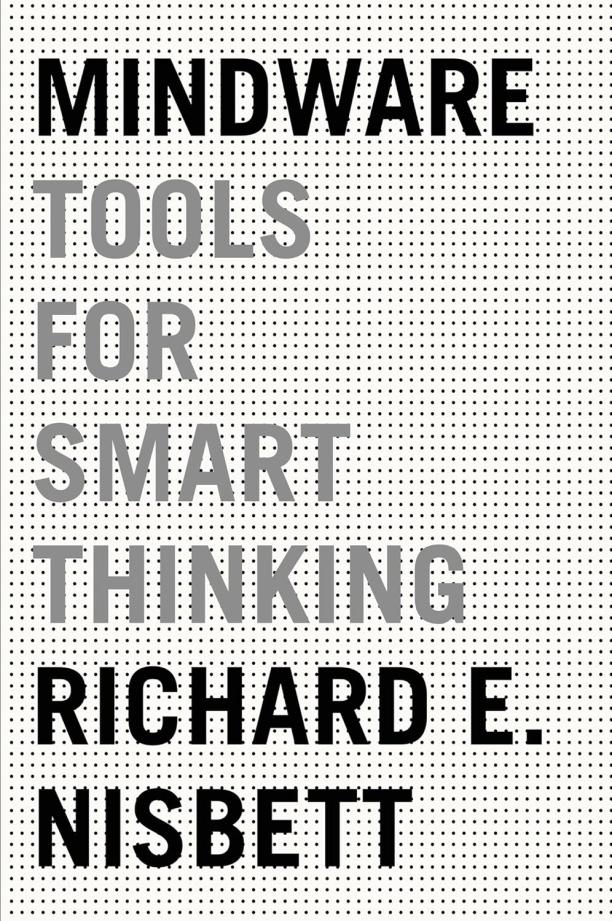Summary:
The book presents a collection of cognitive tools and frameworks derived from psychological science that can improve decision-making, problem-solving, and reasoning. It explores concepts like statistical reasoning, cost-benefit analysis, and causal thinking, aiming to enhance the reader's ability to think more effectively about various aspects of everyday life.
Key points:
1. Large Sample Sizes: Nisbett stresses the need for big samples to avoid biased conclusions that small samples might cause.
Books similar to "Mindware":
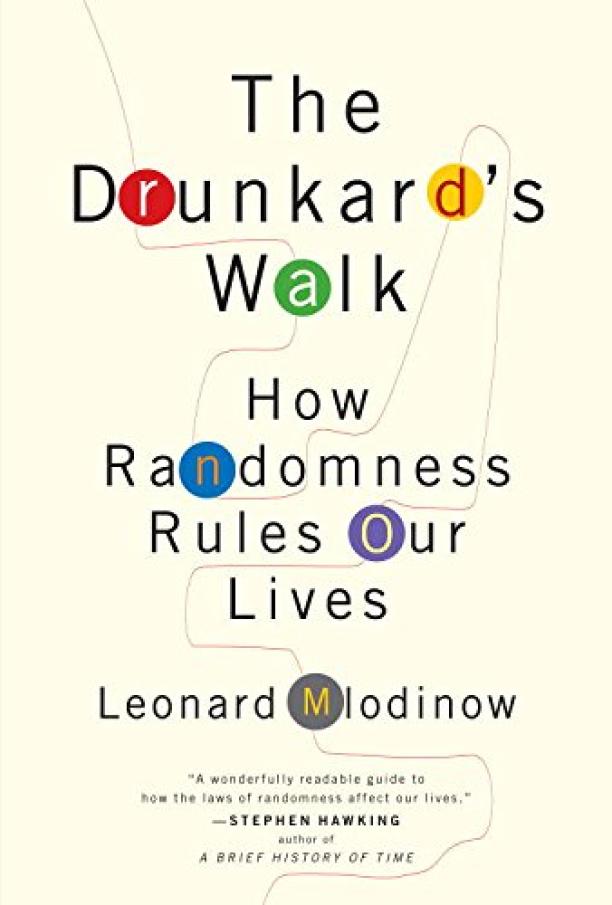
The Drunkard's Walk
Leonard Mlodinow
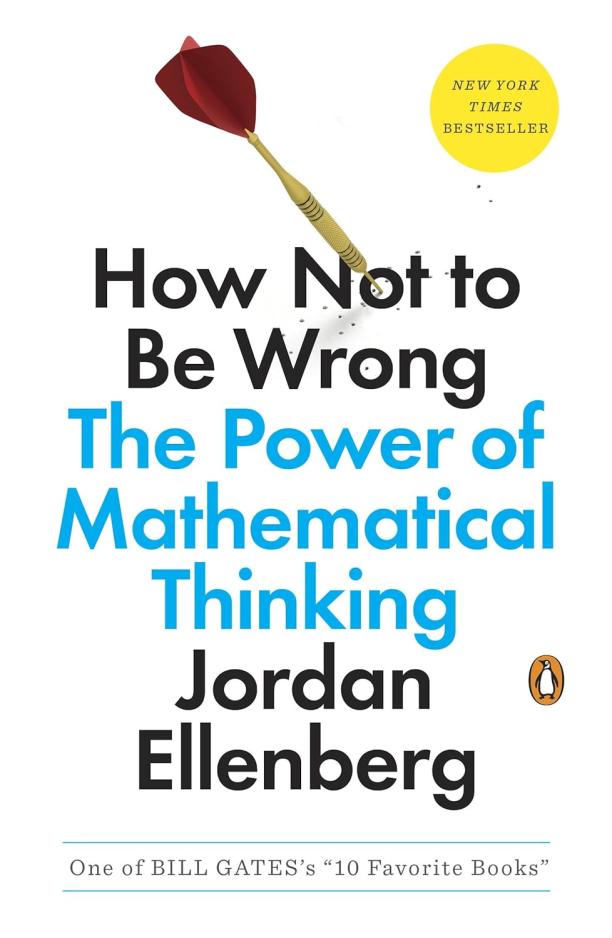
How Not to Be Wrong
Jordan Ellenberg
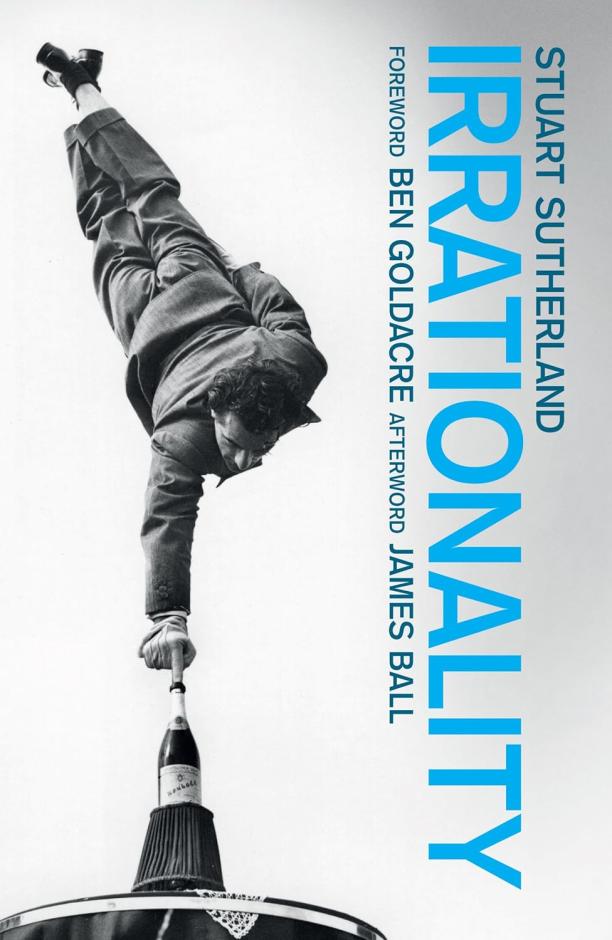
Irrationality
Stuart Sutherland
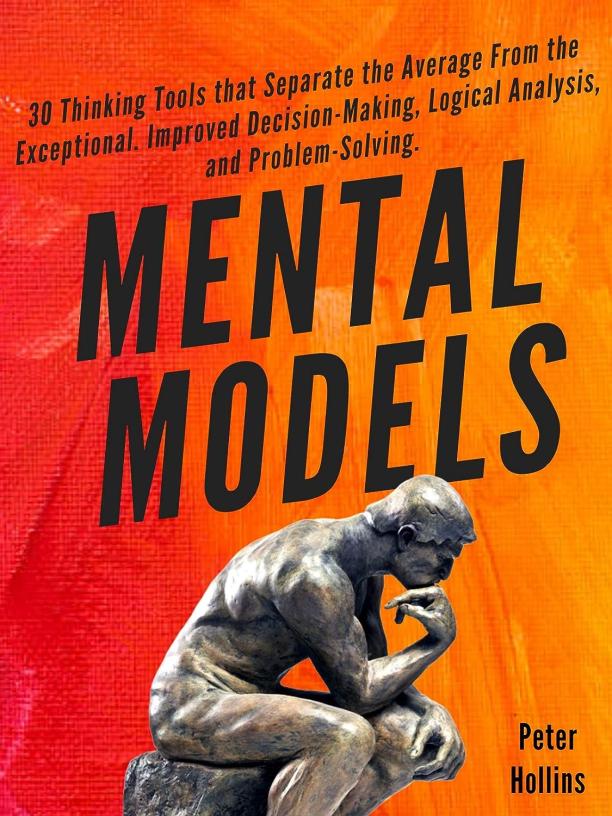
Mental Models
Peter Hollins
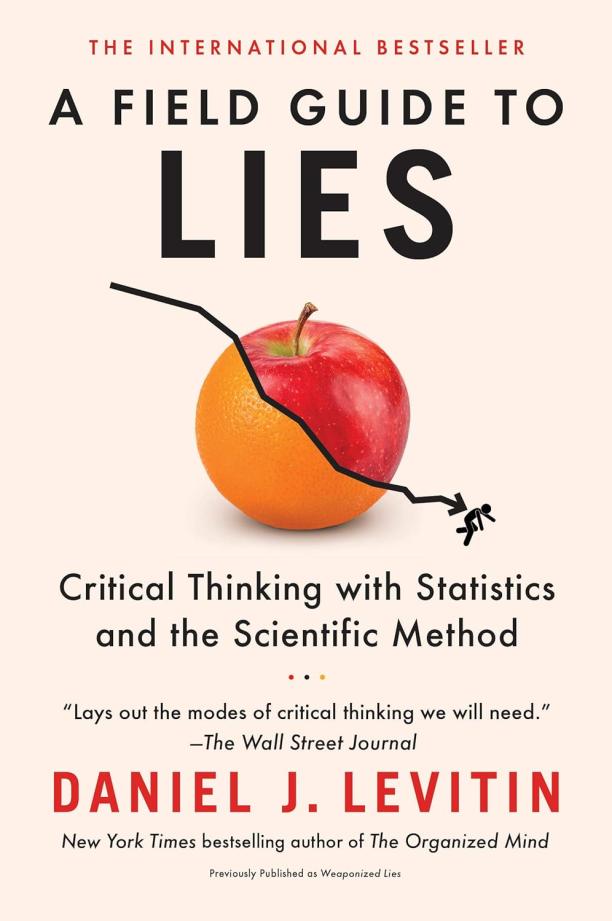
A Field Guide to Lies
Daniel J. Levitin
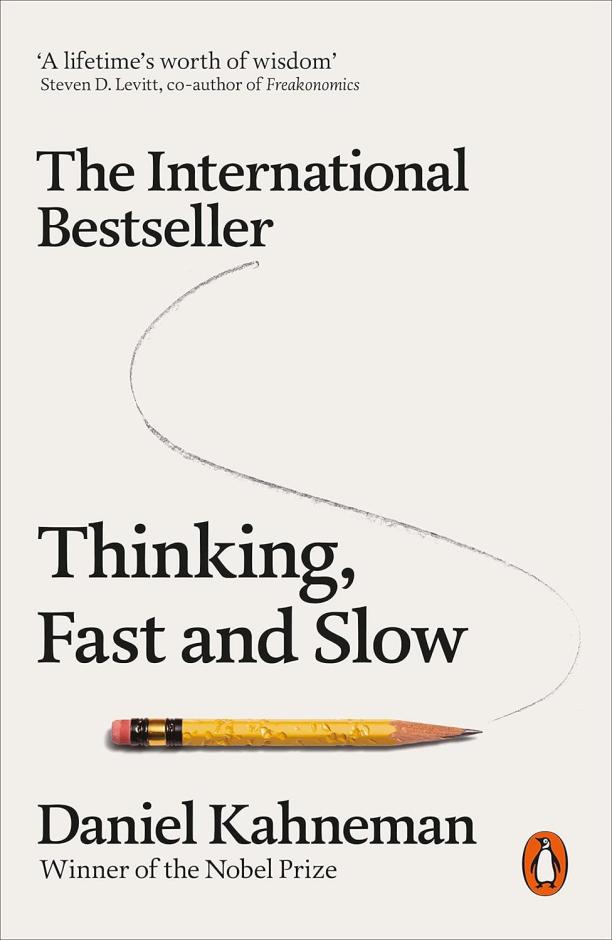
Thinking, Fast and Slow
Daniel Kahneman
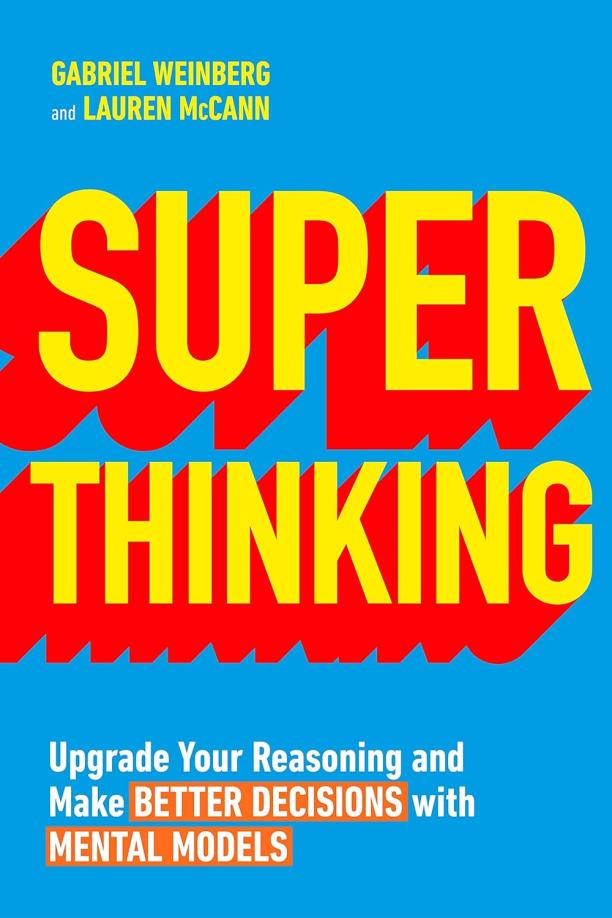
Super Thinking
Gabriel Weinberg, Lauren McCann
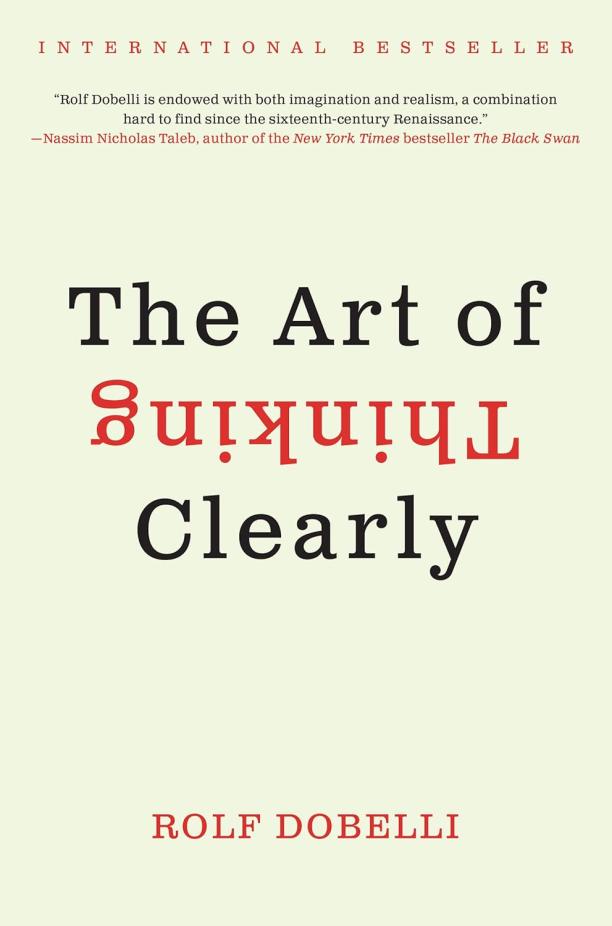
The Art of Thinking Clearly
Rolf Dobelli
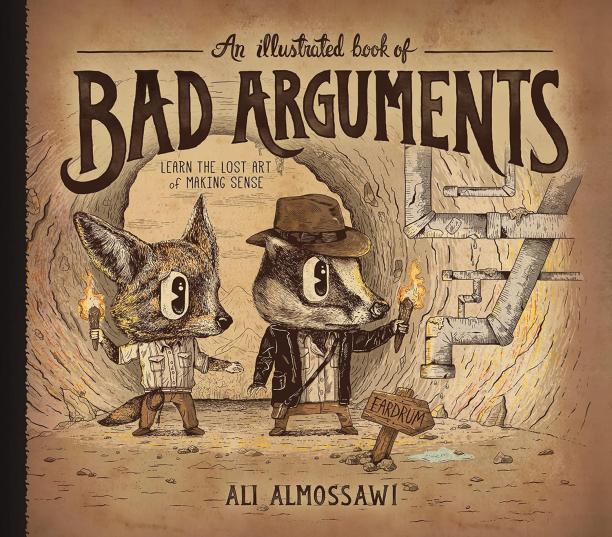
An Illustrated Book of Bad Arguments
Ali Almossawi, Alejandro Giraldo

You Are Not So Smart
David McRaney
